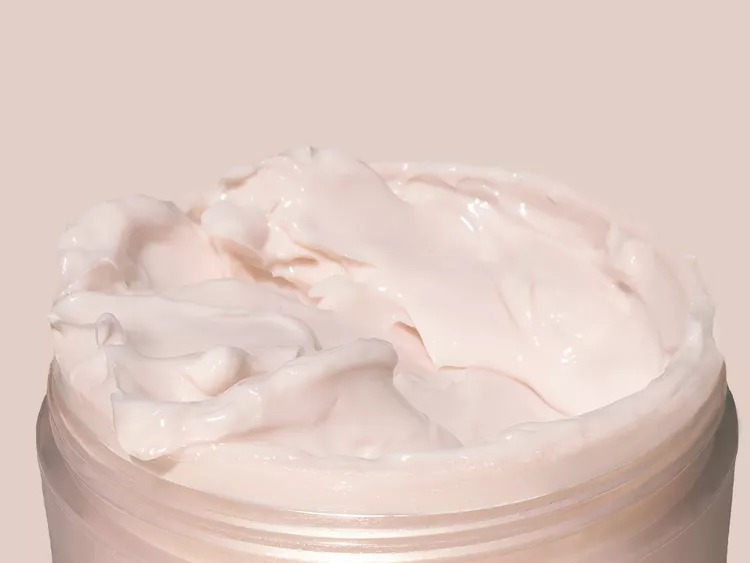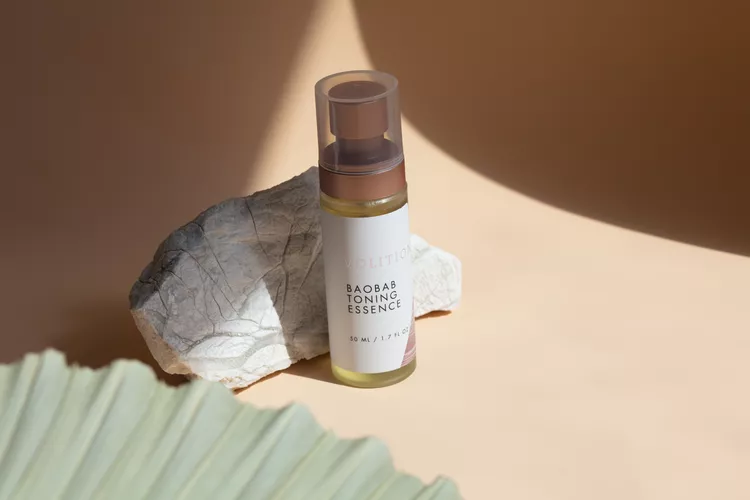When it’s time for daily cleansing, most of us instinctively head to the shower. It usually takes just a moment for the water to warm up, allowing us to be in and out swiftly. On the contrary, baths are seen as a more luxurious option, ideal for cozy evenings when we’re in the mood for some indulgent self-care. But which one is better for us?
To clarify whether we’ve been missing out by favoring showers over baths, we consulted dermatologists Kseniya Kobets, MD, and Amy Wechsler, MD. They shared their insights into the pros and cons of both methods.

Cleanliness Concerns
The state of your bathtub greatly affects how hygienic your bath will be. If the tub is clean, a bath can effectively cleanse your body. However, a dirty tub introduces significant health risks. “Sitting in dirty water increases the risk of infections,” warns Wechsler. She notes that many people don’t shower before taking a bath, leading to contamination of the water. This makes rinsing off afterward essential to avoid any residual bacteria.
Bath Benefits
Baths offer full-body absorption benefits. “The whole body can be submerged in warm water, to which you can add magnesium salts or essential oils for relaxation,” explains Kobets. Furthermore, the prolonged water exposure allows the skin to soak longer, potentially leaving it cleaner. However, rinsing off afterward is still advisable, especially if fragrances or strong bath soaps are used.
Water Usage
Baths generally consume more water than showers, which isn’t ideal given the challenges of providing clean water nationwide. The exact water usage depends on tub size, but standard five-minute showers are generally more water-efficient than filling a full-sized bathtub.
Skin Health
Baths can also support skin health when enriched with moisturizing or soothing ingredients. Kobets describes baths as a more indulgent form of relaxation that can aid muscle relaxation and skin care with the right combination of salts and essential oils.
Ultimately, the choice between baths and showers depends on personal preferences and environmental considerations, but maintaining cleanliness and efficient water usage should be a priority regardless of your choice.




